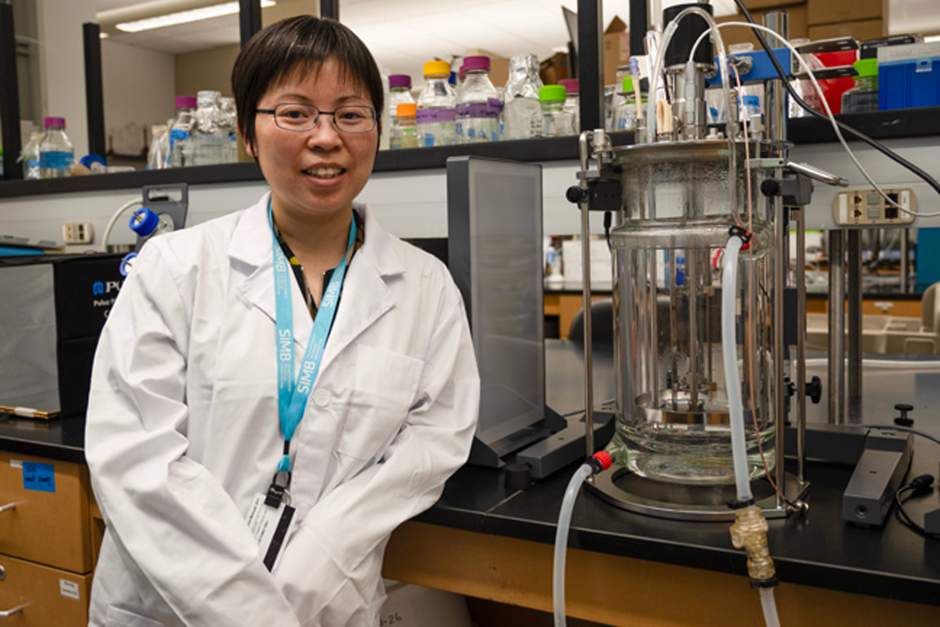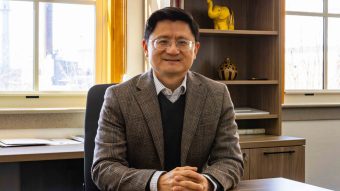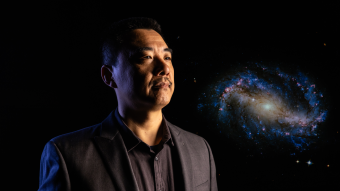
July 23 2025
Photo by Zac Anderson
A University of Missouri researcher is developing an environmentally friendly solution to remove harmful industrial pollutants — often referred to as “forever chemicals” — from water.
Susie Dai, a professor in the Department of Chemical and Biomedical Engineering at the College of Engineering, is leading a three-year project to create a high-capacity sorbent capable of removing per- and polyfluoroalkyls (PFAS) from both drinking water and wastewater. Her team will also evaluate how scalable the solution is for real-world use.
The project is based on Dai’s previous research into the natural capacity of plant biomass and white-rot fungus to remove and degrade PFAS. She observed how nature uses stable chemical structures to recycle materials and then reverse-engineered a new bio-sorbent material for in-situ remediation.
PFAS are used in the manufacture of thousands of products, including non-stick cookware and water-proof clothing. They’re called “forever chemicals” because they take hundreds or even thousands of years to break down.
The result is a scaffold of natural fibers called RAPIMER. RAPIMER is made of lignin, an agricultural waste product. Cultivated within the scaffold is Irpex lacteus, a fungus that can degrade pollutantson its own but does it better in the presence of lignin.Together, the materials act like a sponge, soaking up PFAS and other pollutants and breaking them down.
Unlike other materials used to absorb pollutants, RAPIMER has an extremely high capacity to trap PFAS and other harmful chemicals and detoxify them with assistance from the fungus.
“Previous environmental remediation studies gave little thought to the spent media,” Dai said. “If pollutant-laden sorbents end up in a landfill, the contaminants simply return to nature in a concentrated form.”
Dai teaches at Mizzou engineering and has a lab in the Bond Life Sciences Center.
Read more from the College of Engineering


